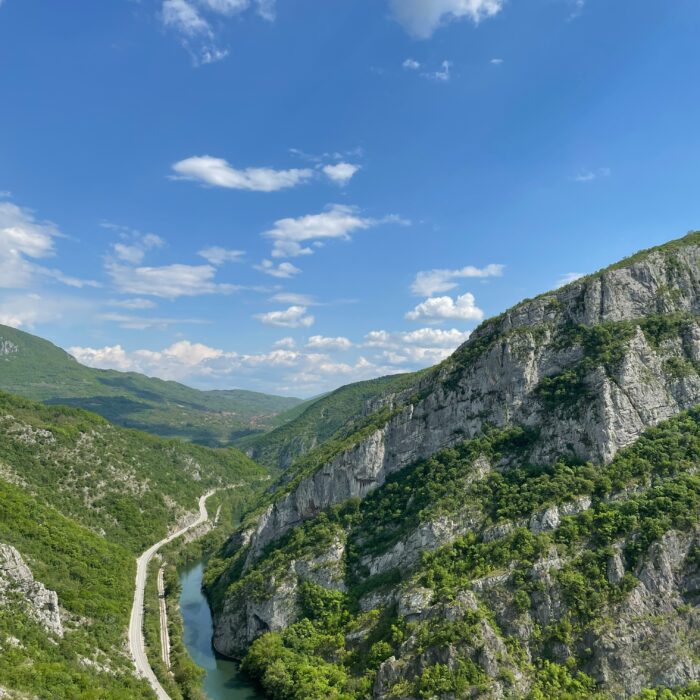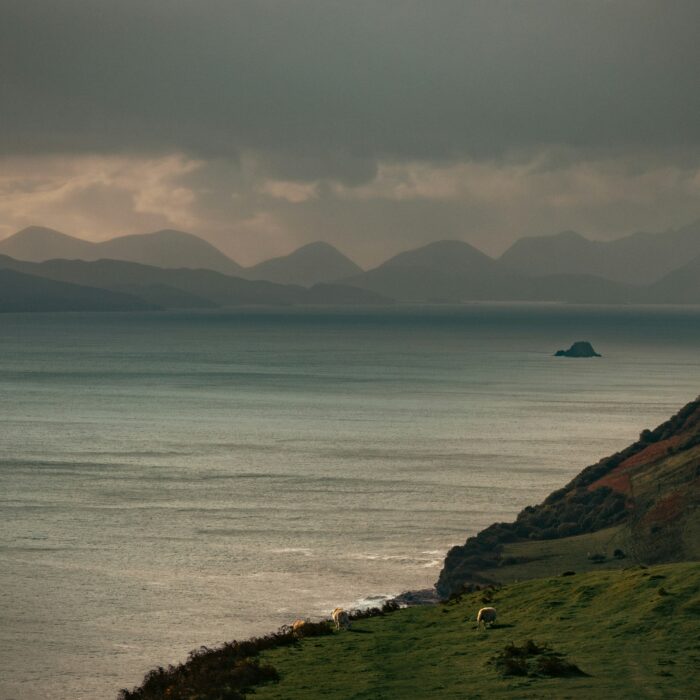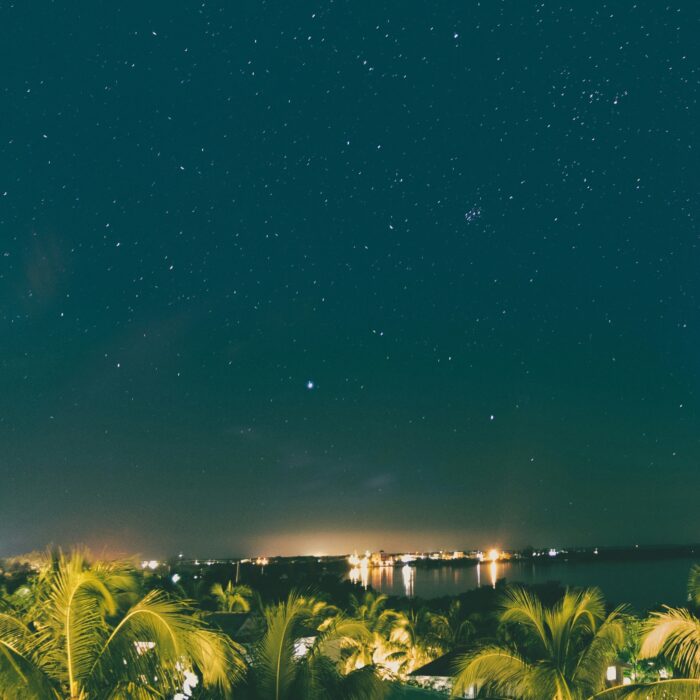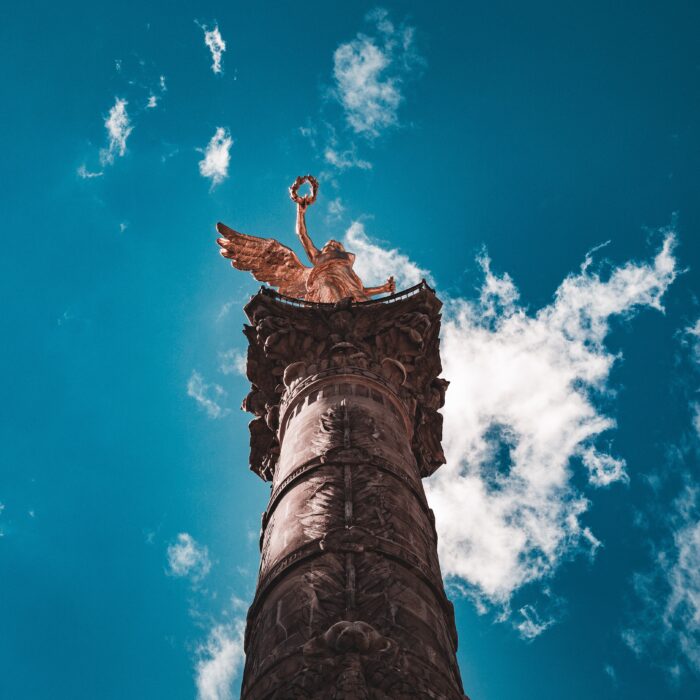You have no items in your cart. Want to get some nice things?
Go shoppingIn the far-flung reaches of the Alaska outback, weeks from civilization, my dog Will attacks a porcupine and almost dies. He comes traipsing back to camp after being gone an hour, where I have his brother Jimmy tied to an alder tree. At the edge of camp, he stops and stands in a slight stupor. I’m shocked by the number of quills in his face – probably around two hundred. They’re packed around his mouth, in his mouth, and even in his tongue. There are four or five quills that penetrate all the way though his cheek and lips like miniature spears.

I try for the quills in Will’s mouth first, so he’ll be able to eat. In about twenty minutes I get them all. I pull a few quills on the outside of his mouth, but once he starts freaking out I have to stop; he’s so strong. I caress his back to reassure him, but he’s so mentally tough I don’t think he needs it. I don’t think defeat ever enters his mind. It’s all about the fight for him, and when you’re still fighting you still believe you can survive. He shows only fight in his eyes, stubbornness, and love of life.
Will claws at the roof of his mouth in hard repeated swipes while opening his mouth like a wide yawn. He’s probably breaking more than he’s pulling out, so I keep trying to stop him without fighting him. “It’s okay buddy. I know it hurts. But we got to get them out,” I whisper. With some more petting, he calms down a little, but the amiability in his eyes is gone, wiped clean into a dim, dead stare. I give him antibiotics and wait for him to fall asleep. I eat three biscuits for dinner. Besides a few rosehips along the river, they’re all I’ve eaten today. I give Jimmy a pot of raw oats and brown sugar since we’re out of dog food. “Your brother’s hurting,” I say to Jimmy. I raised these large Airedales from pups three years ago, and now they go everywhere with me.
Will stands with his head drooping and his eyes staring at the ground – sometimes for ten minutes straight, like a statue. Then suddenly at times he’ll break into a fitful bout of pawing, with epileptic-like squirming and his jaws stretching wide. I console him by caressing his back. “You’ll be okay Will. Don’t worry buddy, we’ll get you out of here.”
I leave him alone for the rest of the night and attempt to sleep around midnight. After a few of his pawing episodes I put him outside so he won’t rip the tent from the quills slashing around. He’s awake most of the night. I hear him pawing every hour or so. I get out in the early dawn and put my fleece vest under his chin so he can rest his head without the quills pushing deeper into his flesh. He shuts his eyes immediately. He’s so tired. I suspect the porcupine might be injured, and if I thought I could find it, I’d look.
In the morning Will is in a terrible state, standing up hackneyed and lifeless not able to do anything to rid his torment. I stroke his shoulders. “It’s okay boy,” I whisper to him, but his eyes remain dull like glass balls. After calling three people on my sat phone and not getting anyone I decide to make my way downriver on the raft I built two days ago. In building the raft, which wasn’t easy, I gave up my dream of crossing the entire Brooks Range on foot, at least for this year.
The river requires all my concentration. I push hard with a long pole on each bend to keep from running into logjams and cut banks. Moving the raft to one side of the river requires a lot of time, so I need to be looking ahead. This isn’t like I envisioned, floating along peacefully and napping on my raft like Huckleberry Finn. On sharp bends, the entire current usually flows into cut banks, so when I’m near one, I get sucked in. Getting pushed to the limit of my strength, I develop open sores from the pole rubbing against my hands.
By the end of the day I’m pretty fluid in poling the raft and could probably make it all the way to Fork Yukon if Will weren’t injured. By late afternoon I’ve gone another ten miles and still haven’t found a decent gravel bar. Will isn’t getting any worse. He simply has an insipid stare, not like the puppy I remember.
There are forest fires burning near the river. The popping of trees and deafening roar frightens me. Floating into one could be disastrous. I pass one plume of smoke after another. I’m afraid of suffocating. Alaska is burning. “How many of these things are there,” I ask my dogs. They’re motionless, Will with pain and Jimmy with boredom. I’m out a hundred miles on the Sheenjek River surviving by the skin of my teeth. I’m hungry, the dogs are hungry. We’re low on food. Will is riddled with quills and suffering. And now I have to worry about burning to death, too. Freakin’ great.
It’s been two months since I’ve seen my wife in Oregon, and if I don’t bring back her babies safe and sound, she’s going to kill me. It’s funny to see two eighty-five pound bear dogs lying with their heads on her lap while she’s watching “Hell’s Kitchen.”
“Do you have to go for so long,” she asked, and I told her that making it on my own in big wilderness was my reason for being.
“If I can’t go, I might as well be dead,” I said. She’s the one who drove the dogs and me to the airport in Portland. She understood that a two-month trek in the Brooks Range, where I’d never see a soul, could be the end of me. And when I left her on the other side of the body scanners she was crying. I was sad too, for her, for us being apart, but also for the dogs being whisked away to ride in the cargo hold. What if the baggage handler put them on the wrong flight and they wound up in some foreign city like Lima or Bangkok. It hurt parting from them because they didn’t understand that I wasn’t abandoning them.
I travel around several bends and hear the rumbling roar of forest fires getting closer. The crackling echoes across the river and orange flames consume entire trees, some leaping off the crowns into the sky. I stand most of the time so I can see what’s coming, but on calmer sections I sit on my pack. We float for hours this way. Then, out of the blue, the raft collides with a submerged logjam and I’m thrown into the water. My boot gets pinned between stumps or something. I can’t see because the current drags the rest of my body downriver. It’s only two or three feet deep but the current is strong enough that I can’t reach back upriver to release my foot. I can barely get my head to the surface for a gulp of air.
I dangle like a rag doll and thrash to reach my trapped foot. I suck water down my throat and try not to lose consciousness, but I’m not quite strong enough to grab my boot long enough to release the hold. I sink back into the water, my head bobbing just beneath the surface. I claw the gravel bottom with my hands, but there’s nothing solid to grab hold of, just pebbles pelting my face in the current. I’m going to die. That’s what I feel. In the seconds that tick by, I see everything: the dogs alone, my dear wife wondering, my parents growing old, my brothers and friends, unseen dreams and adventures, a lost homecoming, and my life ebbing away.
My mother enrolled me in swimming lessons when I was four. I took to the water right off. I found comfort in swimming, which my mother knew. She encouraged me in things I liked. I could duck my head underwater and not have to pay attention to my classmates or my teacher. The physical exertion soothed me and I quickly became a very good swimmer – the best in my class. By five I was an intermediate swimmer and just discovering my draw toward athleticism. Physical fitness would contribute to my growing confidence and help me overcome my gripping introversions. “If you can swim you can do anything,” my mother told me.
When I was twenty in the Coast Guard I went to Alaska so I could learn about wilderness and animals. It was the first time I ever saw my mother sad. She was perpetually good-natured and happy, but when I was getting ready to leave for a year, I could see it in her eyes, like she might never see me again.
“I got to go,” I said, and knew she understood.
“Be sure to write when you get a chance,” she said. We hugged, and then I got on the plane and left, ready to begin my traveling life. In the last twenty years I’ve been all over the United States by bus, car, and hitch-hiking, down to Mexico, all across South America, and to the other side of the world in the jungles of Borneo. When traveling I can become anyone I want. No one knows me and I’ll likely never see the people I meet again, so I can lose my inhibitions. I can become like my precious dogs.
A year later when I returned from Alaska, my mother was waiting for me at the airport just like she had been when she saw me off. It was the longest I had gone without seeing both my parents, and the lines on their faces had become a little thicker, and my mother still had that same open heart I had known all my life. “Welcome back,” she said.
I’m drowning. It’ll be over in another minute if I don’t do something quick. The current keeps pushing me down. I steal gulps of air when I can but it’s difficult. I make a serious effort to not let too much water into my lungs, but I can’t stop it all and start hacking. The cold water and the strain are wearing me down. I can’t believe I’ve run out of options. I’m not aware of what has happened to the dogs. If they can’t find me they’ll become distressed. A flood of thoughts pass rapidly across my mind. If I don’t act now, I’ll go out stone cold, limp and helpless, and the water will fill my lungs and suffocate me moments later, and I won’t be aware of the moment of my passing or that I ever existed at all.
I don’t see them or hear them when they nudge into me, but I react instinctively. I grab their necks, one with each arm as I lunge up out of the water one last time, desperate. Somehow, they’ve come out to me. They freak out, which causes them to pull away with all their might – their full strength combined together is tremendous. In the process somehow my leg yanks free, cracking and twisting sideways. I let go of the dogs, who swim back toward shore. I right myself in the current and flounder to the bank hacking up water.
I’m uninjured for the most part, just an ankle sprain. The dogs greet me, but don’t jump on me like they normally would. I stare at them for a long time while breathing in deeply and lying on my side with my feet still in the river. Twenty minutes pass before I regain my composure enough to leave. I find the raft a quarter mile down up against a log with my pack dangling in the water, still tied to it.
In the afternoon I start accepting some sort of fate cast upon us; that I’m destined to be rafting like this for two more weeks with Will suffering and me struggling. Then I hear a loud mechanical hum, not goddam mosquitoes buzzing my ears. At first I think I’m imagining it or it’s just some natural sound I haven’t figured out yet, like something the wind or fires might cause. But the sound is persistent and grows louder every moment. It’s the sound of a generator, which can only mean people are near. The dogs raise their heads. They know something’s up.
We round a bend and a large helicopter on a gravel bar comes into view. It’s such a contrast to the natural world around and what I’ve been seeing for the last two months. “You’ve got to be kidding me,” I say in disbelief. “Look puppy dogs, a helicopter.” It’s really a one and a million shot to come across a way out like this. As I come to the edge of the river I give a little wave. I’m bursting inside. A man with a slight smile of bewilderment is already walking to greet me. The dogs hop off the raft while I’m tying it to shore. “Looks like you got a little fire out here,” I say.
“Oh, yeah, we’re just trying to protect a cabin back there,” he says casually.
“I was wondering if you had a pair of pliers I could borrow?”
“Yeah, I saw the quills in your dog. My name’s Bob.”
“Dave. It’s good to meet you,” and I shake his hand. I tell him and his co-workers how I’ve been hiking here from the Dalton Highway for the last two months, and they look stunned, which stuns me back. I forget sometimes that trekking in the Alaska backcountry is a monumental endeavor.
“He’s really hard core,” a woman says.
Bob mentions getting me a ride on the helicopter back to Fort Yukon and I nearly jump out of my shoes with joy. “Yeah, a ride sounds great. I really need to get Will to a vet,” I say.
When we take off I lean back and pet Will as the helicopter rises. The stress I never fully realized I had melts away. I’m returning to the comfort of town, medical attention for Will, and then home. I’m leaving the last frontier.
Riding back in the helicopter really scares me, not because I’m aloft in a heavy steel machine that can’t glide a lick to safety if the engines fail, not at all. What scare me are the countless forest fires. I’m not afraid of getting burned, not now with professional fire fighters around. For the first fifteen minutes of the flight, I see what looks like a world in the throes of a smoldering and burning apocalypse, in the last days of existence, with the orange, circular sun trying to shine through the choking haze. There are dozens of imposing columns of smoke that have risen vertically to heights well above the helicopter. I hardly avert my eyes from the window, except to look at Jimmy and Will sleeping at my feet despite the thumping of the rotor blades and the low scream of the engine. I put earplugs in their ears.
The sky is so filled with smoke that it looks like we’re flying through a perpetual cloud, not quite dense enough so I can’t see. It’s as if a white veil surrounds the entire earth, and the sun in its orbit appears perfectly round, a sphere glowing, trying to shed light on the charred remains of the planet. It looks like doom and frightens the hell out of me. Bob turns back to me. “Everything all-right back there,” he asks. I don’t say anything. I just nod and then he turns back and I keep looking out the window hoping for something to change. Then it does and I look up with hope.
During the last fifteen minutes of our flight the fires end abruptly like there’s a boundary they can’t cross. Except for the hazy sky, everything appears as it should be. There’s mile after mile of unbroken forest, and views of rivers and creeks twisting across the land, the Alaska I’ve always imagined. It spans past every horizon. A person could spend months down there wandering the land and still not see it all. “Incredible place,” I say and then Bob and the pilot tilt their heads toward each other and give a pleasant grin.
After a few minutes we fly over the Porcupine River with its wide sweeping bends of sand and thick walls of willows. In the few minutes that pass, it seems to go on infinitely, snaking its way across the country. I would have had to float that on my raft, and now I understand how hard it would have been. Then we fly over more virgin forest until we come down at Fort Yukon. It feels strange not gliding in like a plane. Our speed simply slows and then we drop down like a big pillow falling from the sky.
Bob drives me down to the river where I plan to camp. “This will be fine right here. Thanks so much for all you’ve done for me,” I say as I’m unloading my pack. “You’ve made everything great. You saved us big time.”
He smiles politely. “That’s what it’s all about.” Then he drives back to his base and the dogs and I walk off toward the river.
It takes me a couple of days to get a flight out of Fort Yukon, but we finally reach Fairbanks. I take Will to the vet where they go right to work on him. When I return a few hours later he has just awakened and all the quills are gone. He’s groggy and wobbles when he tries to walk, but clearly that livid spark has returned to his eyes. Elated, I say, “he’s like a new man,” to the doctor.
“He’s an incredible dog,” she says.
“He sure is,” I say. I lead the dogs outside into the evening light.
I camp in Fairbanks for a couple of days letting Will gain back some strength. We take strolls along the Chena River on smooth bike trails and along the main avenues where there are nice people about. It’s good to be done with my journey. I’m fit now, and energetic, yet as placid as a morning lake.
The sky is warm and bright and the birch trees are green with new leaves. I walk in the evenings on the outskirts of town where there are some trees and grass, but also some restaurants and shops to stop in. I take the dogs down to the river and let them lurch at the beavers while I keep them on leashes. I still have both my dogs and that’s what’s important. I don’t know what the future holds for us, but at the moment we’ve wormed our way through. The next day we board another plane and fly home to Oregon.

Dave Metz
Dave Metz is the author of Crossing the Gates of Alaska, about his trek across the Brooks Range with his two dogs. He lives in Oregon.




